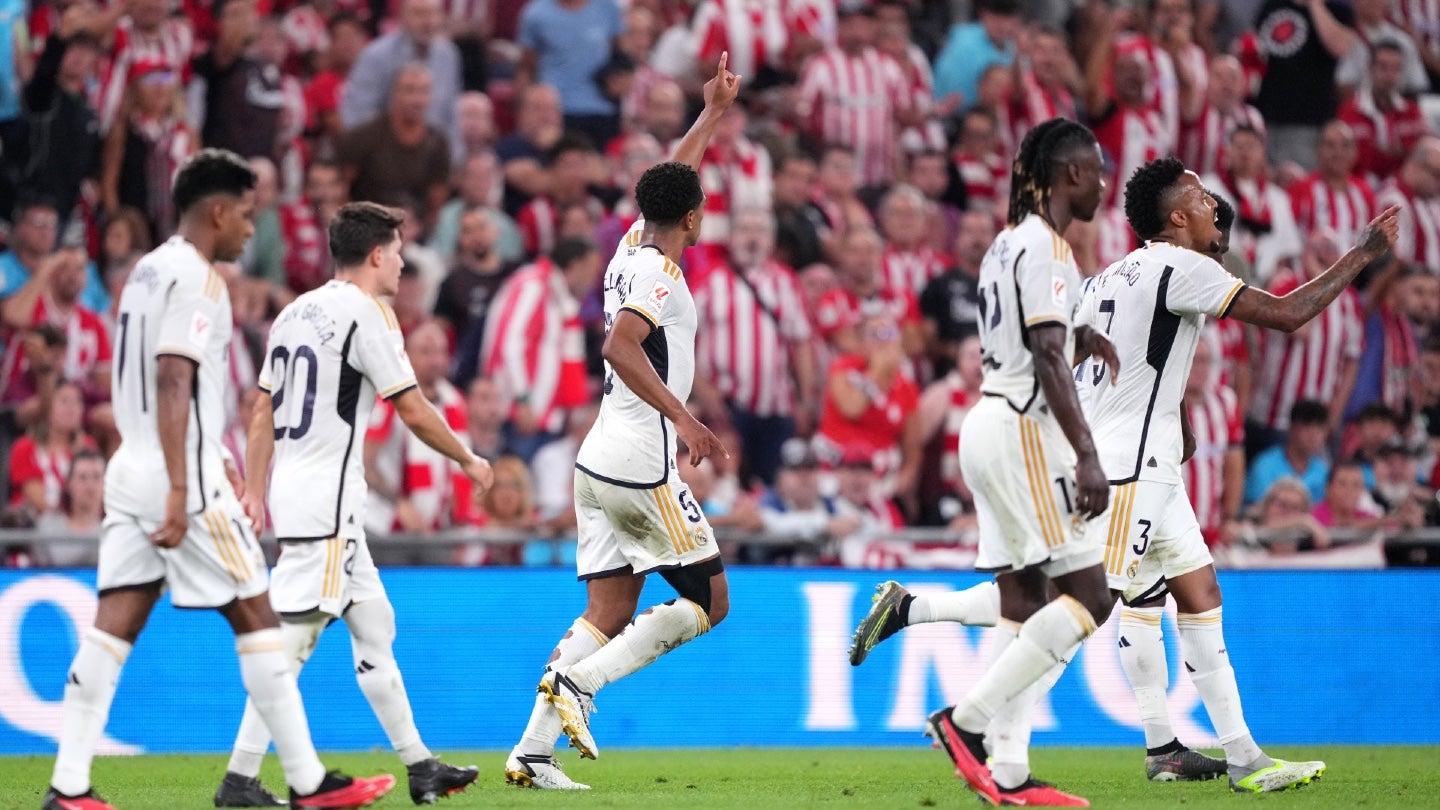
Spanish soccer’s top-tier LaLiga has extended its media rights tie-up in Hong Kong with prominent pay-TV broadcaster Now TV, until 2026.
For the 2023-24, 2024-25, and 2025-26 seasons, Now TV will cover all 380 matches per campaign.
The tie-up was announced today (August 14), following the start of the 2023-24 LaLiga season on August 11.
During the previous broadcast rights cycle, viewers in Hong Kong could watch the action via a co-branded channel from Now TV’s owner PCCW Media, and fellow pay-TV heavyweight BeIN Sports.
PCCW has held rights to the 20-team Spanish league since 2012.
Under the terms of the new tie-up, customers will be able to watch games via the Now Player mobile app and also watch on-demand action through the Now TV video-on-demand service.
Subscribers to the Now E service will also be able to watch games live and on-demand.
Melcior Soler, LaLiga’s audiovisual director, said: “LaLiga has millions of fans across the globe, and Hong Kong is not an exception. At LaLiga, we are really excited about this agreement that will deliver Spanish soccer to a unique market, thanks to a best-in-class partner, as Now TV is.”
Bruce Lam, chief executive at HKT (a telecoms subsidiary of PCCW), added: “We are thrilled to announce the continuation of our LaLiga broadcast for the next three seasons, which will allow us to showcase the leading European leagues and cups and consolidate our position as the home of sports.”
At the end of July, Vietnamese pay-TV broadcaster SCTV snapped up LaLiga rights for the next five seasons.
SCTV has covered the league across the last few campaigns, with an original deal having been signed off in 2018, and has now been unveiled as an exclusive rights partner in a multi-year tie-up through to the end of 2027-28.
Other LaLiga broadcasters in the Asia-Pacific region include U-Next and DAZN in Japan, Migu in China, and Coupang Play in South Korea.
Elsewhere, LaLiga has filed a complaint with the European Commission (EC) against French Ligue 1 champions Paris Saint-Germain (PSG).
LaLiga is alleging that PSG, owned by Qatar Sports Investments for the last 12 years, are distorting the global soccer valuation market through being subsidized by the Qatari state.
The Spanish top-flight states that these practices have allowed PSG to bring in players and coaches “well above its potential in a normal market situation.”
The league has already filed one complaint against PSG, claiming last year that the French club was violating financial fair play (FFP) regulations laid down by European soccer’s governing body UEFA.
This new complaint has been filed amidst a protracted saga of Real Madrid, the LaLiga heavyweights, doing their utmost to sign Kylian Mbappe from PSG.
In the statement, LaLiga said: “PSG has received foreign subsidies from the state of Qatar, which has allowed it to improve its competitive position, thus generating significant distortions in several national and EU markets.”
Through new rules, the EC has the power to investigate “financial contributions granted by non-EU countries to companies engaging in an economic activity in the EU and redress, if needed, their distortive effects.”
The statement added: “PSG obtains resources on non-market terms which distort several closely related markets. It is also able to secure sponsorship income that does not correspond to market values.
"This enables them to boost their sporting performance, as well as affecting the ability of rival clubs to recruit.
"LaLiga trusts that the European Commission … will take the necessary measures to eliminate market distortions such as those described above, which seriously damage the sporting ecosystem."
Image: Juan Manuel Serrano Arce/Getty Images



